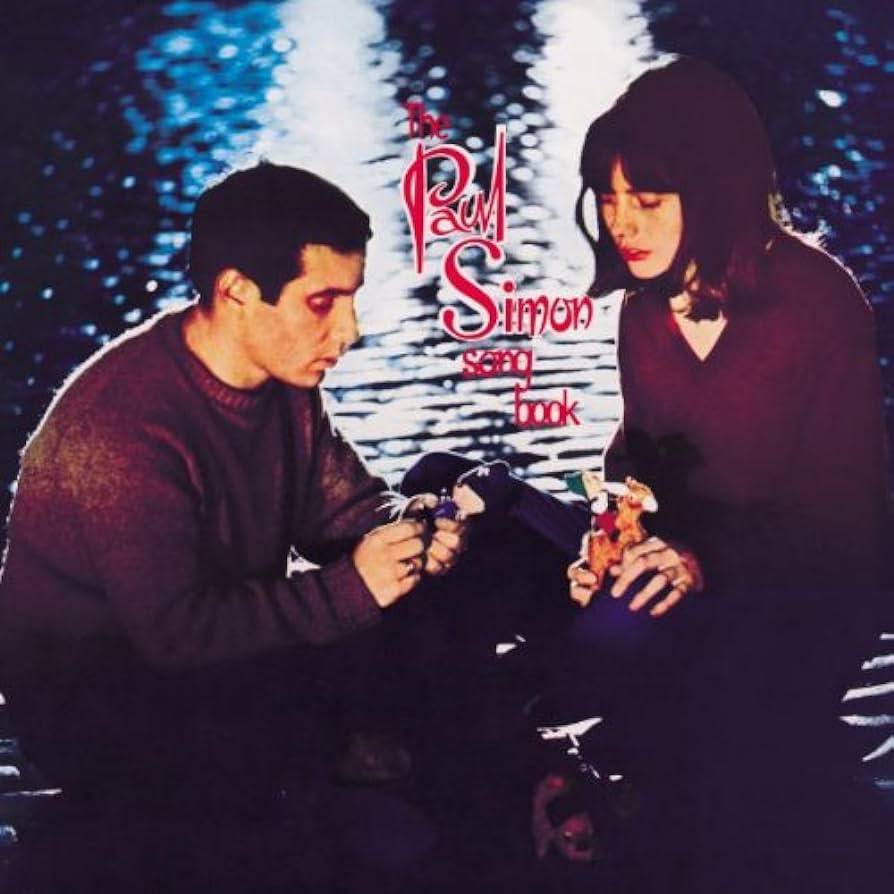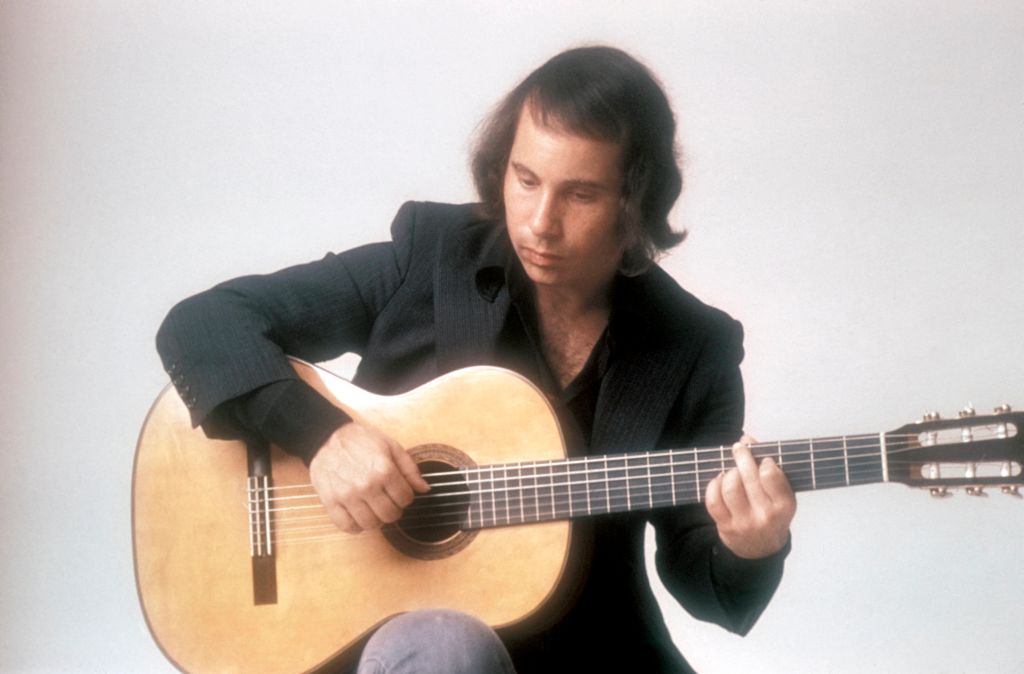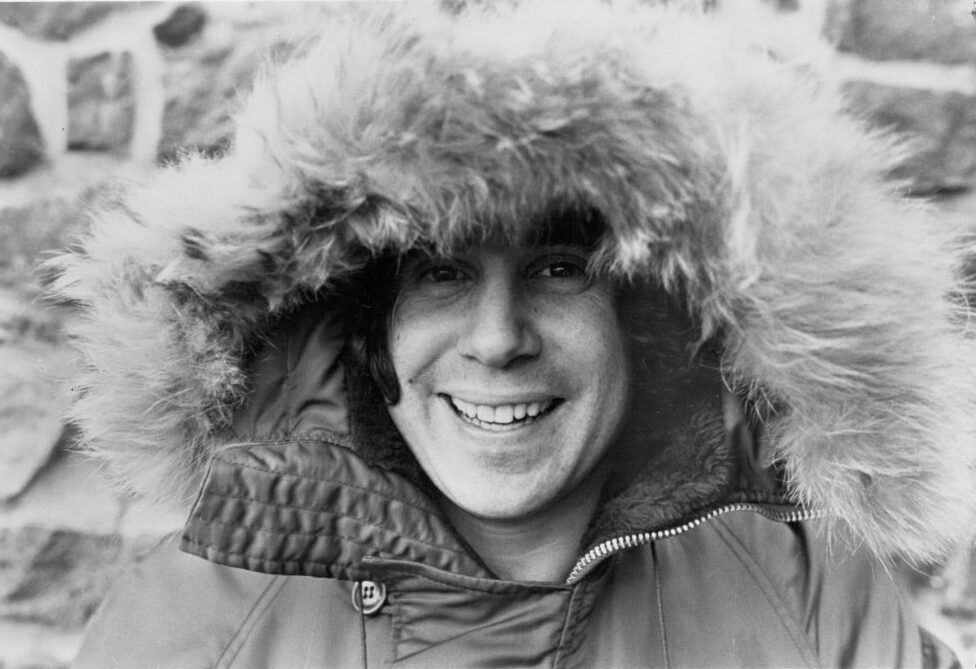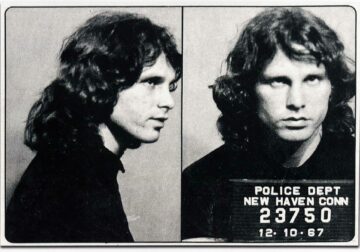Paul Simon and his flame-haired compadre Art Garfunkel were very much the poster boys of the folk-rock surge throughout the 1960s in the US. The pair’s immaculate harmonies and wide-eyed, wistful lyricism coincided with the renewed sense of optimism of the era, the tangible sense of political and cultural progress that felt genuinely within reach.
Their music still sounds like a time capsule of America at the time. However, some of their earliest work was influenced by Simon’s frequent stints in England, who was famously the wordsmith of the two.
One of Simon & Garfunkel’s most famous songs, in fact, was the result of a particular experience in a small town just outside of Liverpool. The song? ‘Homeward Bound’.
Despite the advent of the fabled Greenwich Village scene, folk music was far more established in the UK, especially for any sort of meaningful career prospects. England’s post-war folk revival was largely indebted to Ewan MacColl – father of The Pogues’ collaborator Kirsty – who is credited as founding England’s first folk club in London in 1953. A decade on and folk music was thriving, so Simon, as a budding musician, ventured across the Atlantic to absorb the culture, the people, and the opportunity to perform around the country.
READ MORE: The Unforgettable Shane MacGowan | Punk poet and Irish rebel soul
For several years, Simon lived between New York and London, where he met his then-girlfriend Kathy Chitty, and generally felt more at home in London. In between his studies, Art Garfunkel would come to visit as the pair were friends from an early age, both later recalling that their days spent in London together were some of their fondest.
Unusually, ‘Homeward Bound’ wasn’t written because of Simon being homesick for New York or the life he had in his homeland. But it was London and Kathy he missed dearly, particularly after he left her to tour the north of England.
Simon & Garfunkel’s 1964 debut album Wednesday Morning, 3 A.M. was a flop, so having returned to London to record his debut solo album, The Paul Simon Songbook, which featured future classics like ‘I Am A Rock’, an ode to his girlfriend in ‘Kathy’s Song’ – who also appeared on the album cover artwork – and ‘The Sound Of Silence’ which would prove to be the duo’s breakthrough song.

However, The Paul Simon Songbook failed to garner any significant traction in the UK. On a low ebb and having missed his train back to London from Widnes station, Simon supposedly penned the lyrics to ‘Homeward Bound’ whilst he waited for the next train, longing to be back in Kathy’s arms.
“I missed my girl and my friends. It was kind of depressing,” Simon told Hit Parader. “I was living out of suitcases, getting on trains every day, and going to the next place. It wasn’t a pleasant ten days. I did like the north of England, the people. I got very homesick for London.”
Simon joked to journalist Roy Carr: “If you know Widnes, then you’ll understand how I was desperately trying to get back to London as quickly as possible.”
Paul Simon’s return to England’s capital was short-lived, however. ‘The Sound Of Silence’ became the subject of increasing radio requests, which encouraged Columbia Records producer Tom Wilson to re-record the song, overdubbing Simon & Garfunkel’s song with electric instruments – unbeknownst to them – to emulate the success of The Byrds’ folk-rock rendition of Bob Dylan’s ‘Mr. Tambourine Man’. It worked, transforming ‘The Sound Of Silence’ into a number-one pop hit and helping to popularise the folk-rock movement.

Looking back, Simon has mixed feelings about ‘Homeward Bound’. In 1990, he told Songtalk magazine: “It’s like a snapshot, a photograph of a long time ago. I like that about it but I don’t like the song that much. First of all, it’s not an original title. That’s one of the main problems with it. It’s been around forever.”
He still saves some sentiment for his days in England, however, adding: “But there’s something naive and sweet-natured and I must say I like that about it. They’re not angry. And that means that I wasn’t angry or unhappy. And that’s my memory of that time: it was just about idyllic.”
Keep up to date with the best in UK music by following us on Instagram: @whynowworld and on Twitter/X: @whynowworld









